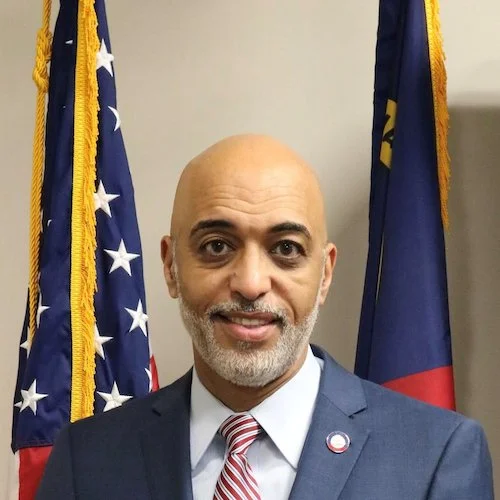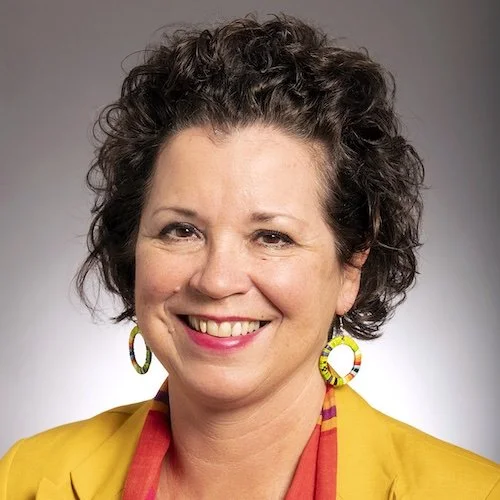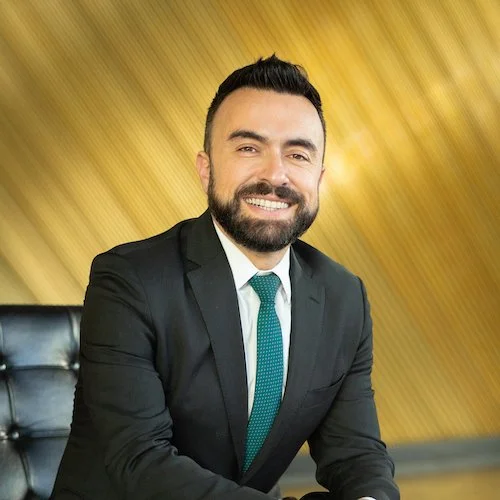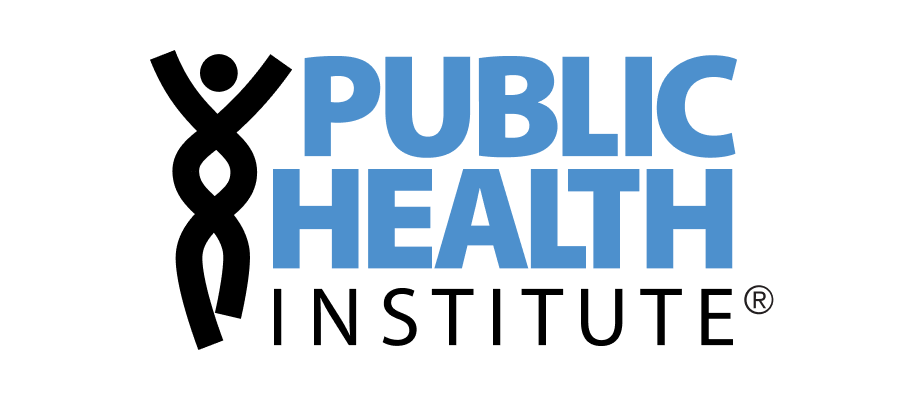Racial and ethnic minorities, elderly individuals, those in underserved urban and rural areas, and members of other vulnerable groups are the most in need of the COVID-19 vaccine but face the greatest challenges to getting it. These individuals may lack resources to or be hesitant, confused, and/or skeptical of information about vaccine availability, safety, and efficacy. How can governments, the medical community, and community- and faith-based organizations reach them?
Trust and trustworthiness are a significant part of achieving equitable distribution of COVID-19 vaccines. While policymakers, health care providers, pharmacies, and community-based organizations are working hard to build trust, there are challenges to doing so. Programs and policies that do not address population-specific needs and backgrounds, do not leverage trusted community resources, and do not share timely data transparently are common roadblocks.
In this web forum, speakers will address:
Issues related to building trust and trustworthiness between communities and those bringing vaccinations to the communities;
Successful strategies for reaching vaccine-hesitant communities;
How data can be used to ensure an equitable vaccine response;
How vaccine distribution strategies have evolved as supply increases; and
What we have learned about how to build stronger and lasting relationships between communities and public health in preparation for the next pandemic or natural disaster.
This one-hour discussion is the third in the web forum series Equity in COVID-19: Bridging the Gap Between Public Health and Policy, brought to you by the Public Health Institute and IMPAQ, an affiliate of the American Institutes for Research. The series explores “in-the-news" topics, such as mental health, housing and health outcomes, and environmental health and climate change, and provides actionable insights to address equity issues by translating research into policy and practice.







